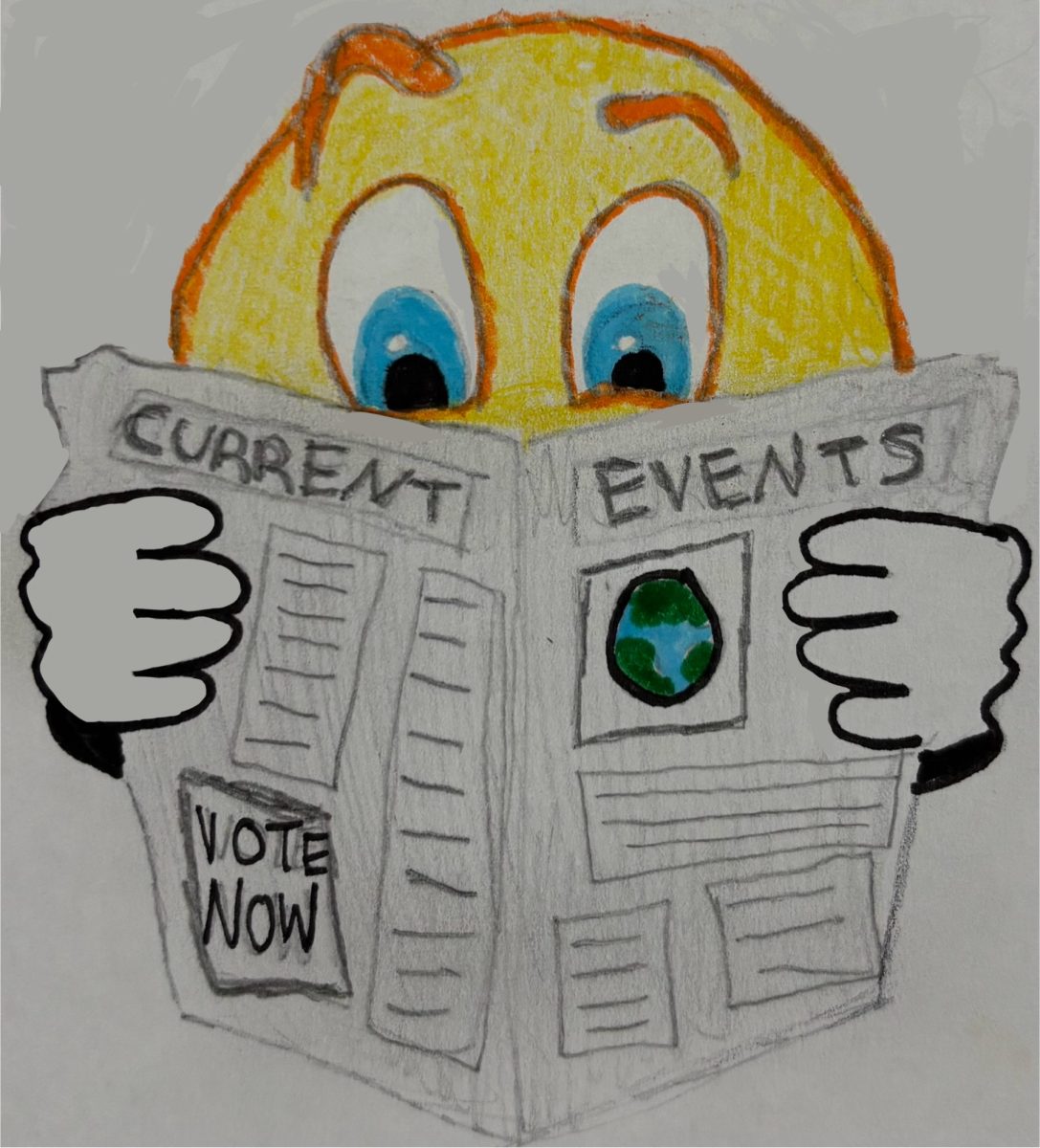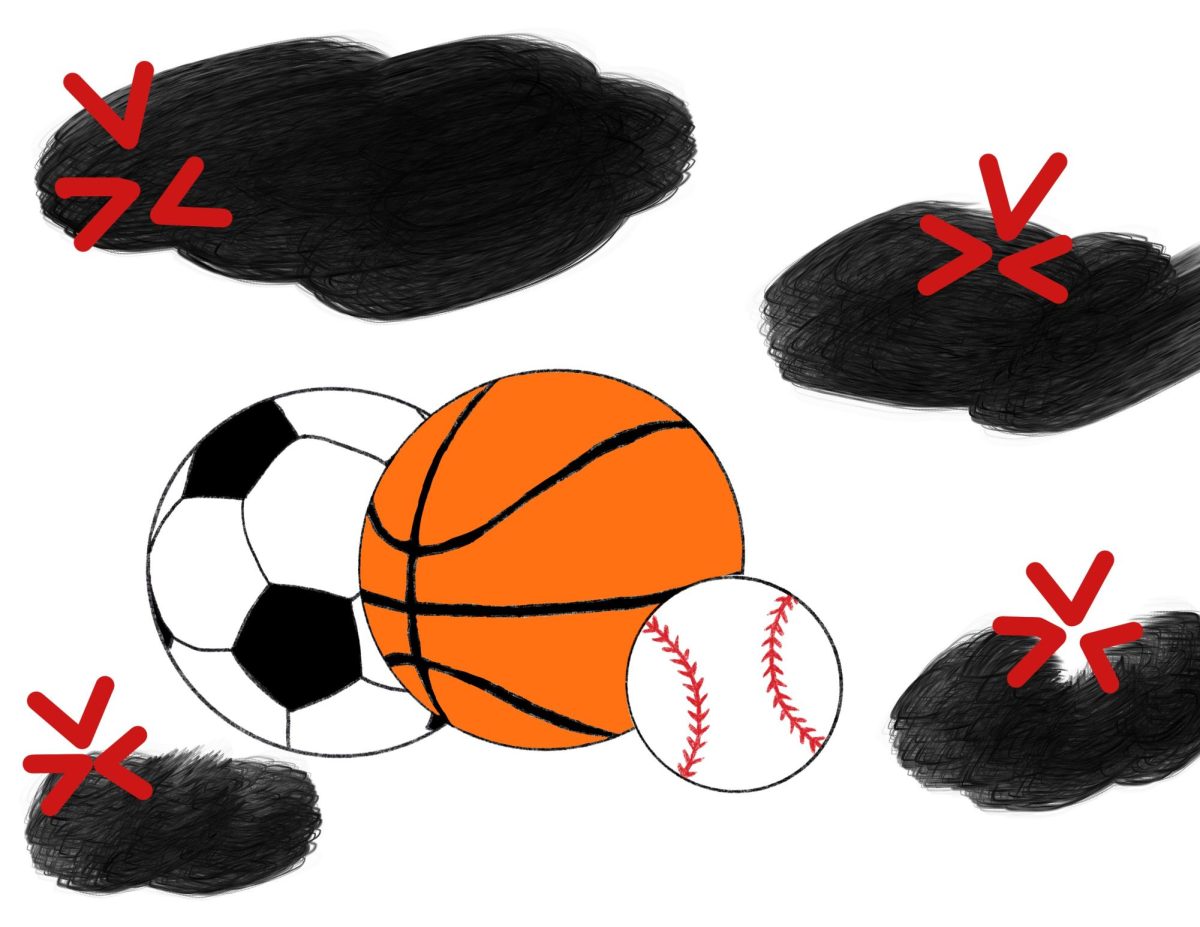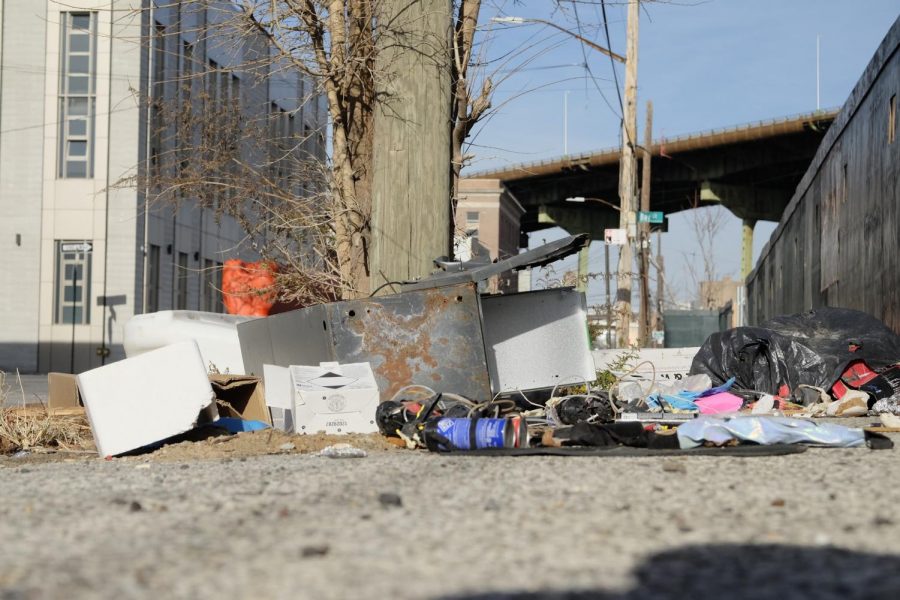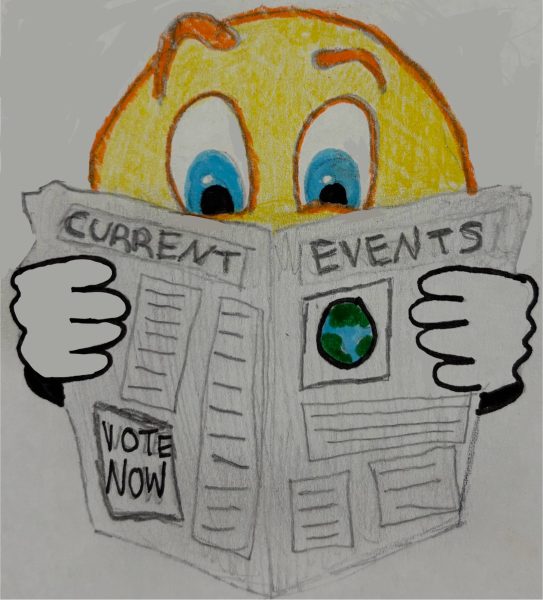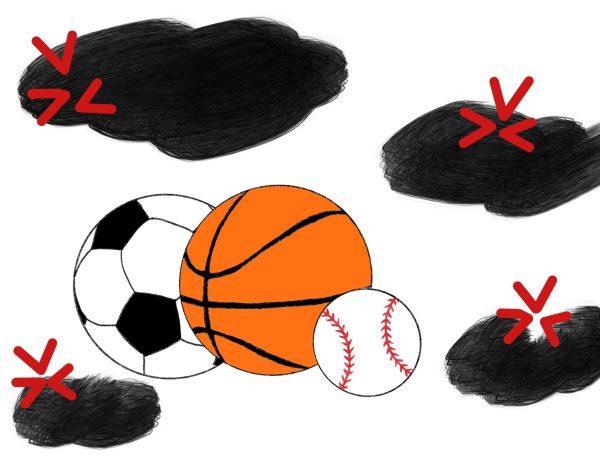Humans Are Destroying the Planet, One Degree at a Time
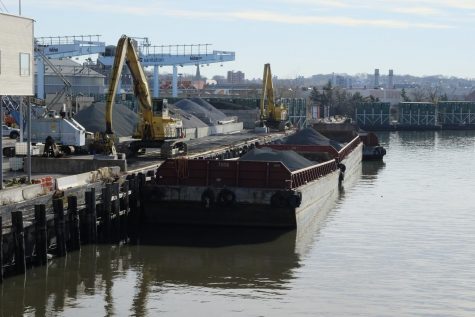
Humans are the most intelligent species on the planet. We have learned how to use the environment and resources to our advantage and have even been able to take technology and medicine to new heights. Earth has supplied people with many blessings and has acted as their home for decades. However, are humans improving the planet, or are we slowly destroying it?
This topic has brought on intense political debates and has been controversial for some time. Many argue that humans are advancing Earth and creating a safe environment that will continue to thrive forever. Others argue that the effects of human advancement are slowly destroying Earth.
Global warming is an essential factor when considering this question. Before humans created factories and industries, the atmosphere had low levels of carbon, but since then, human activities have increased the concentration of carbon dioxide in our atmosphere, amplifying Earth’s natural greenhouse effect. “The average amount of carbon dioxide hit a new record high in 2020: 412.5 parts per million,” stated the Climate.gov website.
With these immense amounts of carbon due to human advancements, global temperatures have increased, sea levels have risen, and weather patterns have changed. The ocean absorbs approximately 30% of carbon dioxide released into the atmosphere from the burning of fossil fuels. “As a result, the water is becoming more acidic affecting marine life,” stated the National Oceanic and Atmospheric Administration (NOAA). “Sea levels are rising due to thermal expansion, in addition to melting ice sheets and glaciers, putting coastal areas at greater risk of erosion and storm surge.”
Coral reefs are dying, floods are becoming more frequent, rising sea levels are submerging the land, polar ice caps are melting, and multiple species are suffering from the loss of habitat. “As someone who loves animals, it is hard to watch humans sit back and watch these precious species wither away,” stated senior Yarielis Pancho Rivera.
Senior Olivia Gonzalo said that over the past several years, she has read dozens of articles about animal species going extinct due to environmental causes such as water bottles, straws, and other plastic products. “Humans are destroying the Earth,” Gonzalo said. “Throughout the years, pollution has increased, and the ocean is suffering. The Earth is not going to last long if this continues.”
In addition to the adverse effects of global warming, humans are pushing Earth beyond its boundaries by extracting massive amounts of resources without the means of replenishing them. BP’s annual report on proven global oil reserves reports that since the end of 2013, the Earth has only an estimated 1.688 trillion barrels of crude, which will roughly last about 53 years. It is highly likely that Earth will run out of natural, and essential, resources; we are just sitting ducks.
“Humans are destroying the Earth since we are consuming resources at a much higher rate than they are being produced,” senior Sam Guggino said. “Pollution and habitat destruction are ruining the resources that we already have.”
There are numerous reasons why humans are destroying the Earth: deforestation, global warming, overpopulation. Humans selfishly use materials for our own advancement, without any regard to the consequences, which have lasting, dire effects. Humans need to stop and reassess the consequences of our actions, to at least try and bring back the Earth before it is too late.

I am a member of the Class of 2022 at LHS. I love to draw and paint. I look forward to contributing and writing articles for Horizon.







